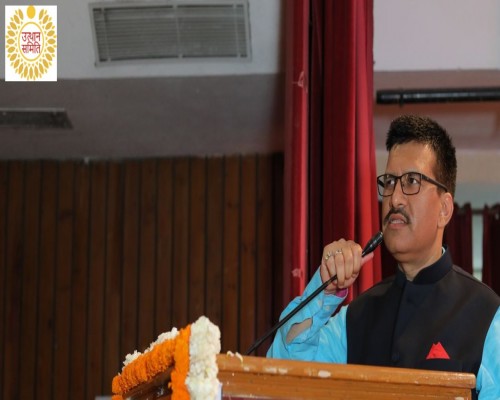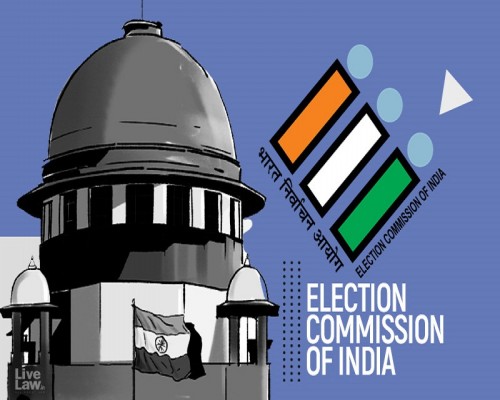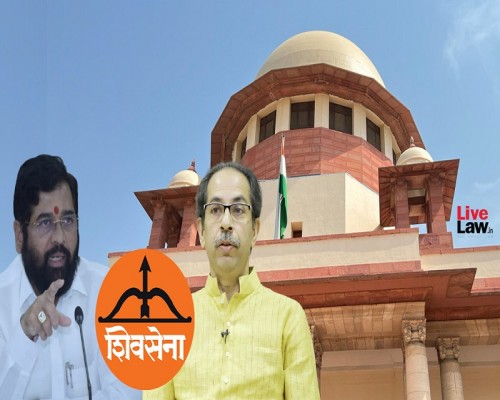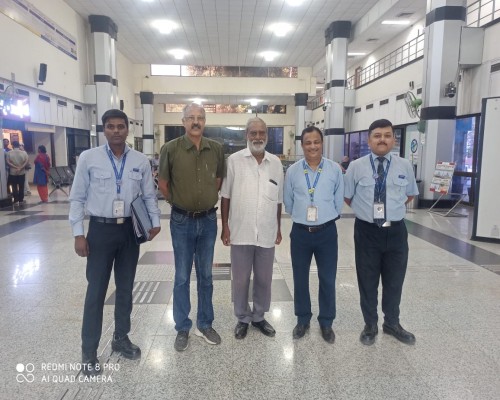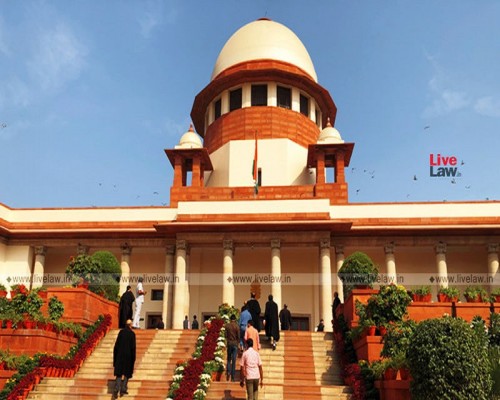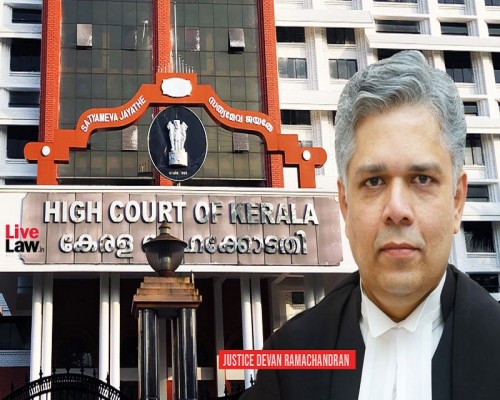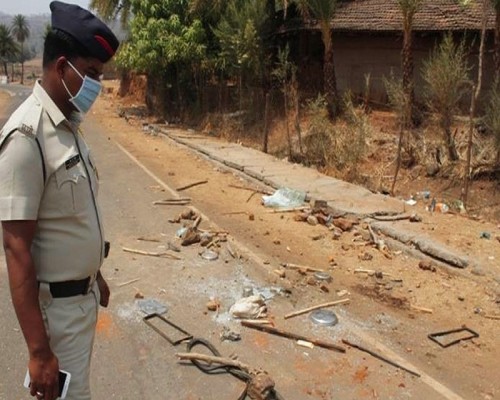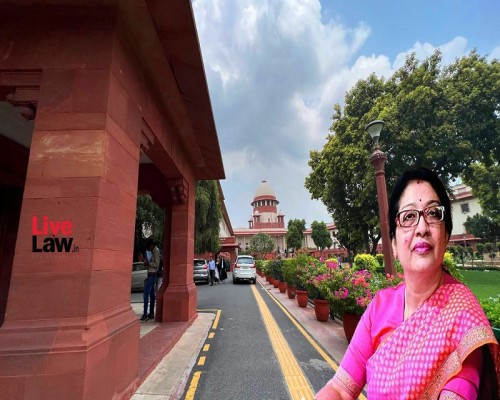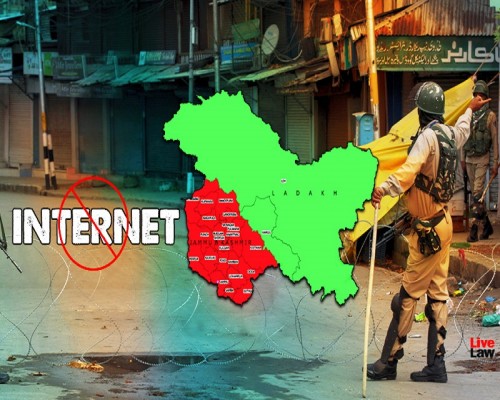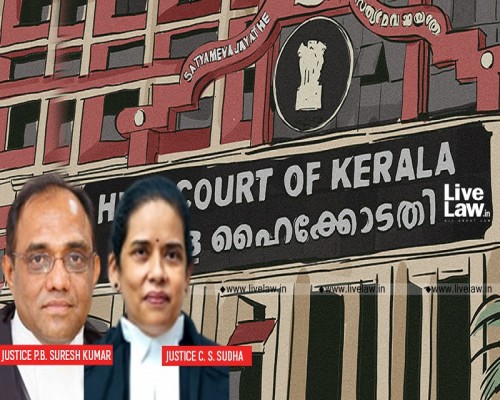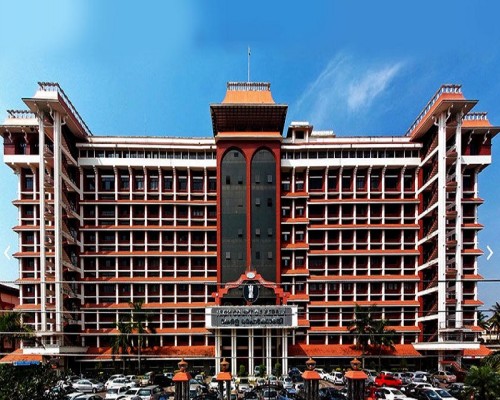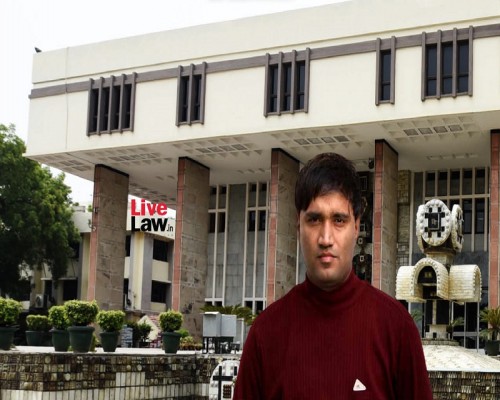IAS R.K. Singh Appointed as Chief Minister's Secretary
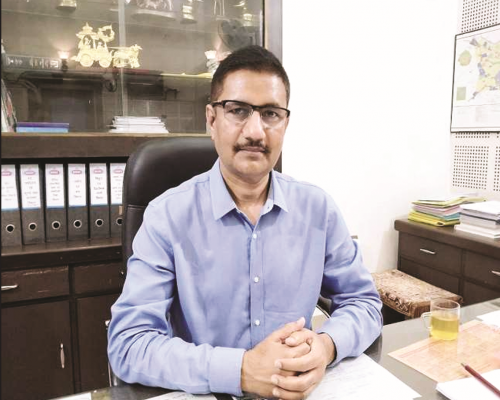
His Exceptional Work in Ghaziabad, Muradabad, and Kanpur Earned Him This Key Position
IAS officer R.K. Singh, known for his exemplary administrative track record in various districts of Uttar Pradesh, has been appointed as the Secretary to the Chief Minister. His selection for this significant role is attributed to his remarkable performance in Ghaziabad, Muradabad, and Kanpur, where he played a pivotal role in governance, public service, and the execution of major government projects.
A Proven Track Record in Administration
Singh's tenure as the District Magistrate of Kanpur was particularly notable for effective governance and the successful implementation of government schemes. Under his leadership, Kanpur witnessed efficient public grievance redressal, strict law enforcement, and fast-tracked development projects, setting a benchmark in administration.
Previously, as DM of Ghaziabad, Singh handled several crucial challenges, earning praise for his swift decision-making and law enforcement measures. His ability to deliver on government policies and ensure public satisfaction made him one of the most trusted bureaucrats in Uttar Pradesh.
Key Contributions in Noida and Hapur
Apart from Kanpur and Ghaziabad, Singh has also served in Noida and Hapur, where he played a crucial role in urban planning and infrastructure projects. In Noida, he was actively involved in the Yamuna Expressway Authority's development, while in Hapur, he significantly contributed to the operations of the Hapur Development Authority.
An Administrator with a Vision
R.K. Singh’s working style aligns with CM Yogi Adityanath's governance model, focusing on strict law enforcement, speedy execution of public projects, and efficient grievance redressal. His appointment as Chief Minister’s Secretary reflects the government’s emphasis on selecting capable and result-oriented officers for key positions.
With Singh now closely working with CM Yogi Adityanath, expectations are high for further strengthening of governance and improved execution of public welfare schemes in the state.



